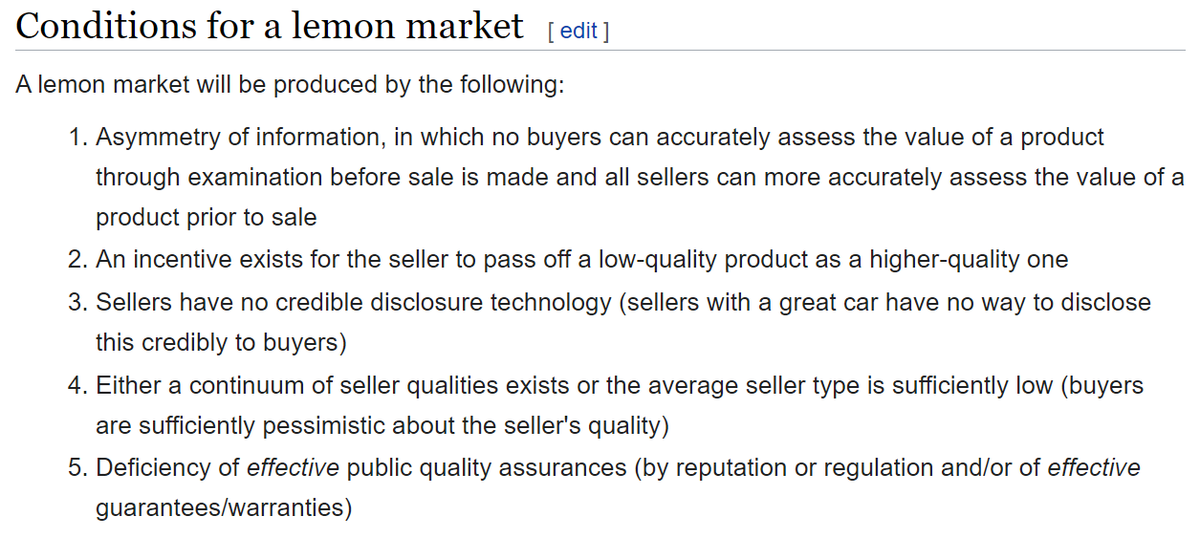
Companies should support BYOB allowing employees to use personal devices, especially phones and laptops, for work. Only REALLY sensitive things need to be segregated, like admins who can destroy the company with ransomware.
In other words, even from a cybersecurity perspective, companies need to be tolerant of the fact that they cannot control employee devices.
I say this first before pointing out that employees need to keep work and private life separate. It's not for the company's sake, it's for your own sake. Your should have a separate email account (like Gmail.com or Outlook.com) for private stuff.
Storing stuff on work computers incurs a LOT of risk. For example, when the company gets sued, they'll come in and image your desktop and give the image to the opposing lawyers as part of "discovery".
Or maybe a pandemic hits and they suddenly have to layoff a bunch of people and shove you out the door before you can copy off all those personal files.
I bring up porn in the top example because it illustrates the point. YOUR IT DEPARTMENT IS SICK OF SEEING ALL YOUR PORN. They are especially sick of seeing porn from the top executives. Really sick and tired.
The reason the I.T. nerds don't look you in the eye at the company Christmas party isn't because they are shy, it's because they are embarrassed by what they know about you.
Your personal information leaks all over the corporate network and server storage. Even when it's not porn, it's a lot of personal crap that IT would simply rather not be looking at.
And they have to. Even with encryption, IT has to do it's best to eavesdrop on what's going on in order to monitor for hacker activity. They are thus monitoring your activity far more than you realize -- not you, so much, as your machine in case it's hacked.
Bah, I mean BYOD up above, not BYOB. Companies have to support "bring your own device" because it's impractical forcing things like corporate phones on people.
https://twitter.com/yaelwrites/status/1408296537998839811
• • •
Missing some Tweet in this thread? You can try to
force a refresh




